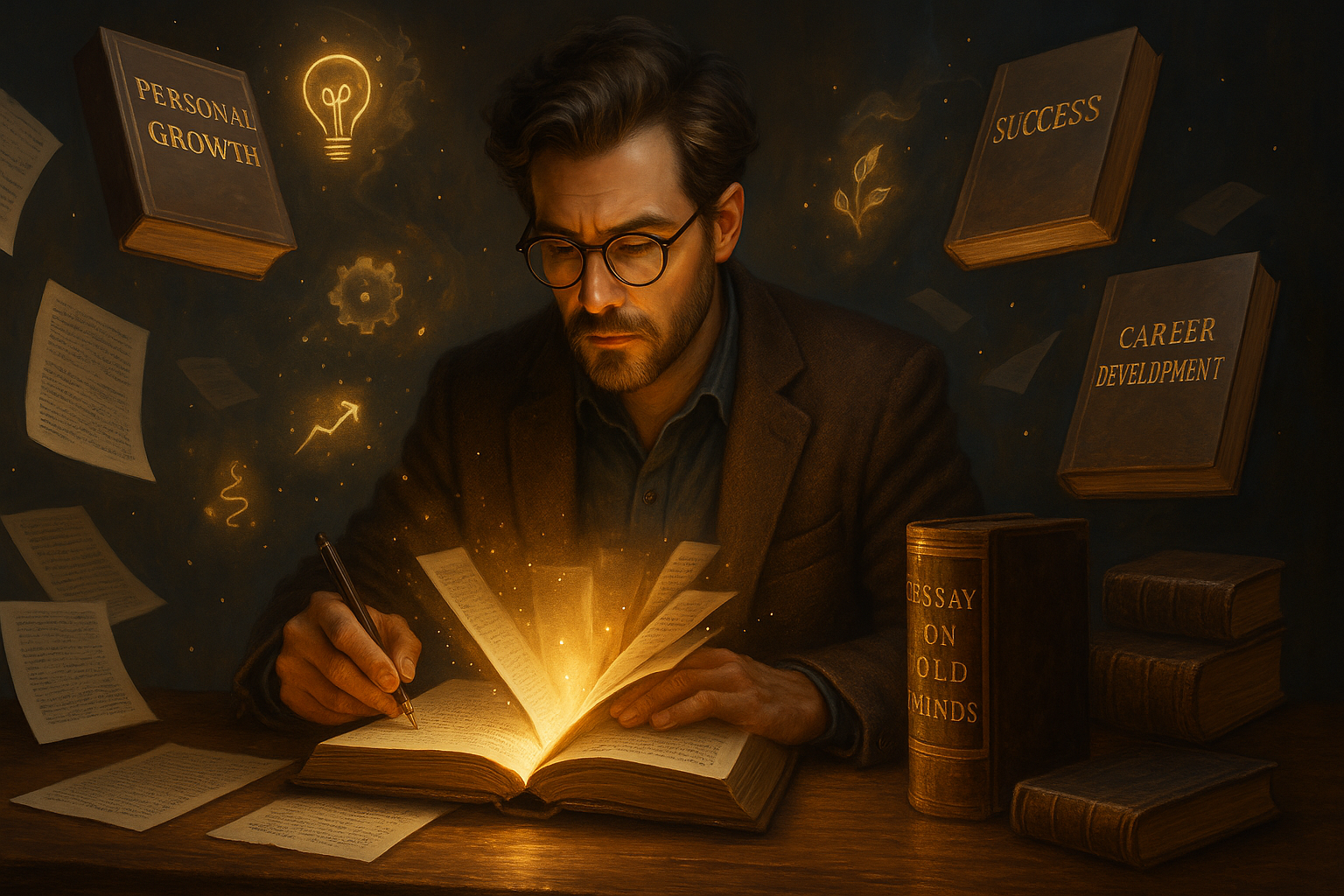Gratitude often comes before happiness—not the fleeting kind, but the kind rooted in purpose. It shows up when appreciation turns outward and inspires us to help others.
Ralph Waldo Emerson once said:
“The purpose of life is not to be happy: it is to be useful, to be honorable, to be compassionate, to have it make some difference that you have lived and lived well.”
That view challenges our modern idea of happiness. In its older, nobler sense, happiness wasn’t about ease or comfort—it was about self-fulfillment, about living well and with purpose.
Scottish philosopher Thomas Carlyle questioned whether Emerson was quoted accurately, but his own reflections echoed the same spirit. Carlyle warned against shallow happiness and spoke instead of blessedness—a spiritual fulfillment that comes from rising above self-interest.
He called it “the happiness of heroes”—a deeper joy that comes when we stop chasing happiness directly and begin living for something greater.
This is a timely idea. Consider the line:
“Poverty exists not because we cannot feed the poor, but because we cannot satisfy the rich.”
That quote reminds us that the pursuit of “more” rarely satisfies. The insatiability of greed may only confirm that true happiness isn’t found in what we acquire, but in what we give.
Rather than asking, “What makes me happy?”
It might be more useful to ask, “What makes my life feel meaningful or aligned?”
Happiness often follows.
Rather than asking, “What makes me happy?” It might be more useful to ask, “What makes my life feel meaningful or aligned?” That shift—from chasing happiness to noticing meaning—is where gratitude plays a quiet but powerful role.
Gratitude isn't just a pleasant feeling; it's a practice that reorients us toward what’s already working, already valuable, already enough. When we pause to appreciate what we have, we stop waiting for life to deliver something else before we feel fulfilled. This presence, this awareness, grounds us in what matters. It opens us to energy, clarity, and connection. Even in the midst of challenges, the ability to feel thankful restores a sense of strength and perspective.
Gratitude reminds us that joy is often not in the pursuit of more, but in the recognition of enough. And from that recognition flows the kind of inspiration that leads to deeper conversations, kinder actions, and a richer, more grounded life.


